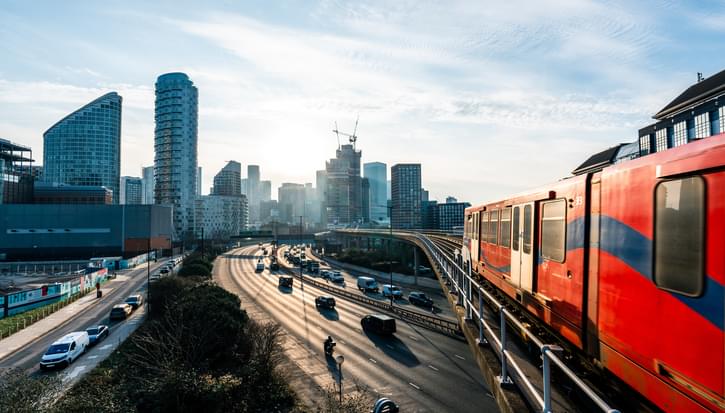The Covid shift: Working time in manufacturing, engineering, shipbuilding and aerospace
Article
There is a risk that high unemployment will further embed a culture of insecure work and low pay in the UK labour market. But the experience of the pandemic may also hold lessons for how work could be arranged more effectively in future, with greater agency in the workplace, and with more time for the important parts of our lives outside of paid labour. So too, learning the lessons from this crisis could have important implications for how policy should respond to the challenges of the coming decades, from automation to the climate and nature emergencies, which will also disrupt the economy and could reduce paid work available.
This paper sets out both how working time is organised, and the number of hours we work has changed during the pandemic. We examine the risks and opportunities presented by the coronavirus outbreak for a progressive vision of working time in the UK: the steady reduction of working hours with no loss in income, and greater autonomy and flexibility in relation to how and when work is performed. We focus on manufacturing and engineering roles, sectors often left out of the working time debate, but that bring different challenges to a progressive vision of working time than sectors that are primarily office-based.
Related items

Planes, trains and automobiles: How green transport can drive manufacturing growth in the UK
Transport is essential to our lives. Unfortunately, it is currently also the largest source of UK domestic carbon emissions.
Regional economies: The role of industrial strategy as a pathway to greener growth
Regions like the North should have a key role to play in the development of a green industrial strategy.
Achieving the 2030 child poverty target: The distance left to travel
On 27 March, the Scottish government will announce whether Scotland’s 2023 child poverty target – no more than 18 per cent of children in poverty – was achieved.